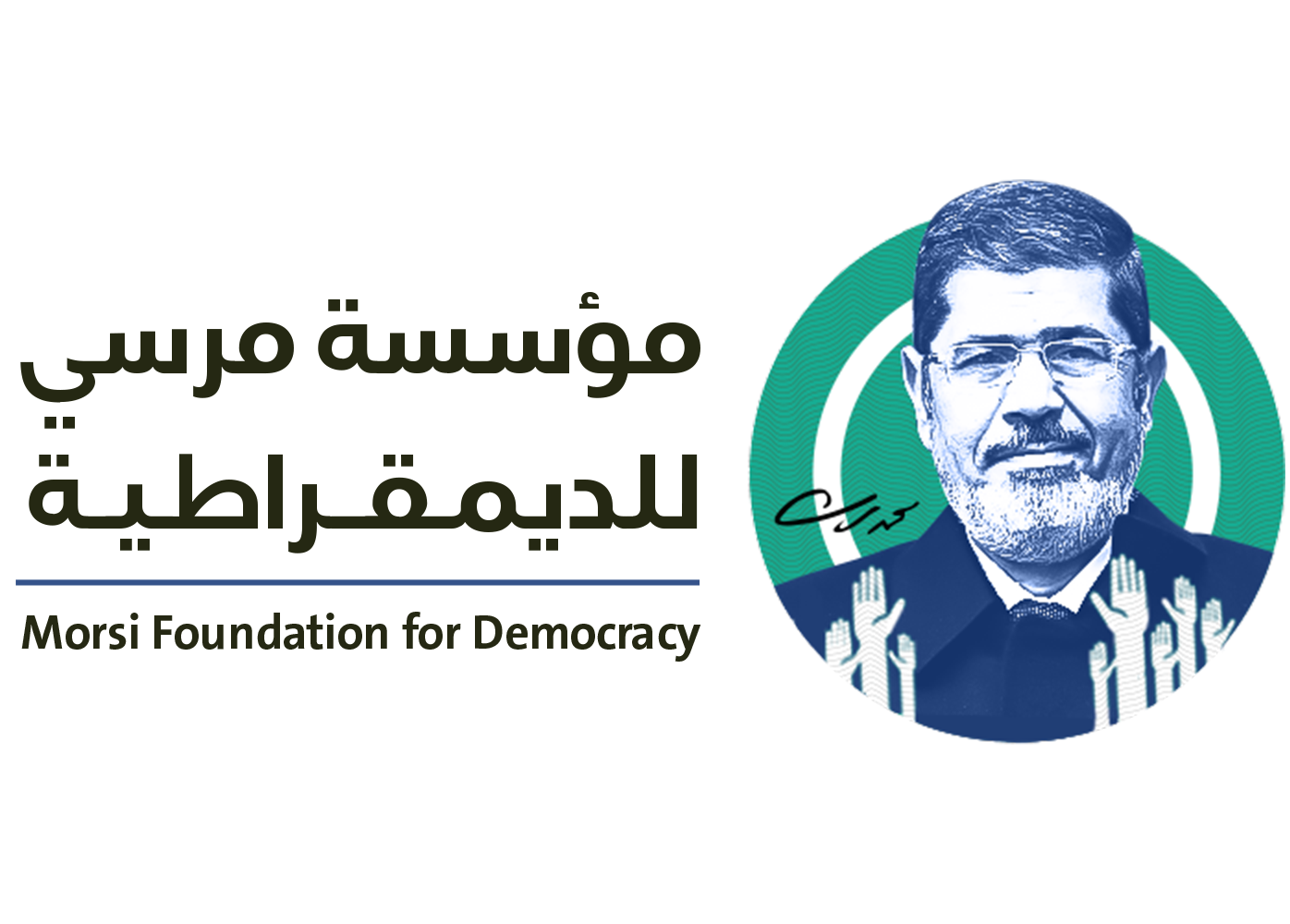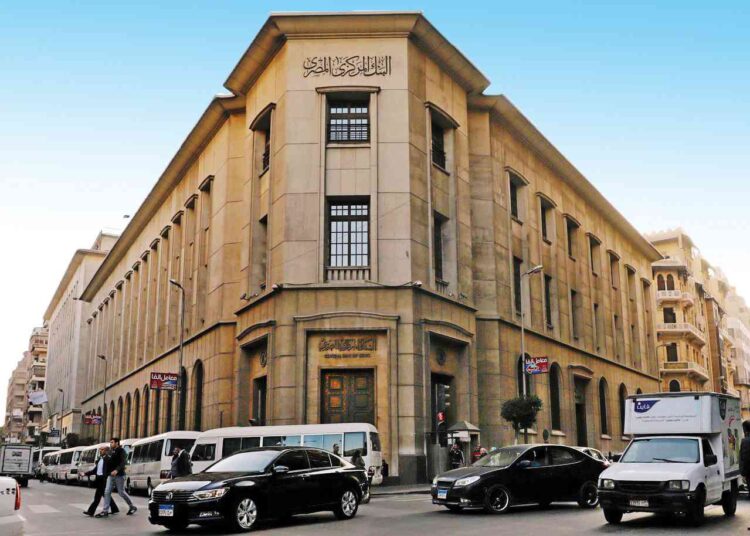Among the factors delaying asset sales, Bank of America (NYSE:BAC) said in a recent report released Tuesday that lack of foreign currency liquidity and exchange rate uncertainty are among the factors delaying asset sales.
At the same time, Egypt witnessed, during the past few hours, the exit of two Gulf companies, the last of which was the Emirati real estate company Al-Dar, two days after the Saudi company Extra announced the suspension of the company’s expansion plans in Egypt. It also coincided with the suspension of one of the richest businessmen in Egypt for his new investments in Egypt, preferring to invest in Saudi Arabia at the present time.
The US bank added: Our review of planned asset sales based on public press reports indicates that delays in sales may have been due to execution, uncertainty about foreign currency, valuations and regulatory considerations, as well as a lack of external support. Pointing out that the announced sale of assets may not be sufficient to solve the crisis.
The bank continued: The program of government offerings and asset sales can move forward, but on the condition that their prices be reduced, and yet it may not reach the level of the ambitious goals of the International Monetary Fund program, which indicated when it agreed to lend Egypt $ 3 billion last December that the Egyptian authorities would sell State-owned assets to obtain external financing.
The bank warned that the delay in asset sales will increase the possibility of a sharp adjustment in the exchange rate of the Egyptian pound against foreign currencies. In the absence of significant asset sales, a restructuring of liabilities may become inevitable given the potentially large financing gap.
Faisal Falaknaz, chief financial officer and sustainability officer of Aldar Properties, said the group would postpone any further investments in Egypt until conditions there stabilized. The Abu Dhabi real estate developer announced a 22% jump in first-quarter profits on Wednesday.
Aldar, along with the Abu Dhabi ADQ Fund, acquired about 85.5% of the shares of the Sixth of October Development and Investment (EGX: OCDI) in 2021 for 6.1 billion Egyptian pounds ($198 million), which at the time was worth about $387 million. .
The investment in SODIC was to serve as a platform to expand the company’s real estate portfolio in Egypt.
“We take a very cautious approach in launching projects,” Falaknaz said.
“We will not inject more money into the business until things are more stable,” he added, noting that the company maintains an optimistic view of the situation in Egypt in the long term.
Falaknaz added that Aldar, whose projects and assets are based in Abu Dhabi, is also seeking to expand in Saudi Arabia, given the potential opportunities in Riyadh and Jeddah.
A few days ago, the United Electronics Company (TADAWUL: 4003) Saudi “Extra” announced the board’s decision to stop the company’s expansion plans in Egypt.
The company said in a statement on the “Saudi Tadawul” website, on Monday, that this decision came after studying the feasibility of the company’s continuity in moving forward with foreign expansion in Egypt.
Meanwhile, the head of Orascom (EGX: OIH) Development Holding Company, Samih Sawiris, said that what happened in Egypt during the past two years is what brought the local economy to what it is today, explaining that stopping production, selling and importing negatively affected the general economy.
The Egyptian businessman confirmed that the main reason behind the difficulty of entering into investment opportunities in Egypt is the uncertainty about the price of the pound against the US dollar, indicating that he will not enter into new investments in Egypt due to the difficulty of studying the profitability of the project following the currency exchange crisis.
With regard to Saudi Arabia, Sawiris stressed that it is a promising environment, and said: “Currently, I am negotiating many projects, as the Kingdom is witnessing a revolution on all scales.”



